Fintech is currently one of the fastest-growing sectors in the world. According to the statistics, by 2026, the global financial technology market value is expected to reach 324 billion U.S. dollars. Additionally, fintech organizations are currently responsible for 30% of technology investments globally. All this means that new fintech solutions related to payments or lending, and more recently other areas of finance such as cryptocurrencies or insurance, are entering the market in large numbers.
As a financial start-up, choosing the right software is crucial for your business. The right software can help you manage your operations efficiently, improve your customer service, and stay compliant with industry regulations. One of the key pieces of software you’ll need is a core banking system.
Core banking system – what is it?
This is a comprehensive, integrated software system that enables you to manage your core banking functions, such as processing transactions, opening new accounts, managing cards’ transactions, processing payments, maintaining customer records, and providing access to banking services. Many core banking systems are now cloud-based, which means you can access them from any device with an internet connection.
These systems offer multiple advantages, including streamlining financial processes, keeping pace with fast-evolving markets, providing convenience to customers, and extending digital reach to remote locations. Essentially, the core banking system is designed to support existing and potential customers with greater freedom in disposing their funds and support their plans of goods purchasing.
The most modern core banking systems are those referred to as “cloud-native”. What does it exactly mean and what kind of benefits does it give the user?
Born in the cloud
The cloud-native core banking model is essentially a suite of digital and processing financial solutions all stored on the cloud. The biggest benefits of cloud-native software are:
![]() Resilience
Resilience
Being supported by microservices architecture provides a significant advantage to those who use cloud solutions. That’s because it permits the load to be smoothly distributed on services, a geo-distributed architecture to be developed, and the distribution of service resources to be tightly controlled.
![]() Reduced Costs
Reduced Costs
When the switch is made to a cloud solution, it negates the need for expensive on-site infrastructure, as well as costly maintenance, storage and security updates.
![]() Increased Speed of Operation
Increased Speed of Operation
A number of elements, such as storage, data capture and interpretation processes, can be centralized using cloud technology. It’s also able to bring down the costs associated with these vital processes and result in much more precise, richer and more rapid data-led insights that can be used to boost performance by financial institutions.
Which is the best core banking system?
When choosing software for your financial start-up, there are a few key factors to consider.
![]() Easy integration
Easy integration
First, you’ll want to choose software that is easy to use and integrate with your existing systems. This will help you get up and running quickly and minimize disruption to your business.
![]() Flexibility and scalability
Flexibility and scalability
Second, you’ll want to choose software that is scalable, so that it can grow with your business. This is particularly important for financial start-ups, which often experience rapid growth in the early stages of their development.
![]() Compliant with industry regulations
Compliant with industry regulations
Third, you’ll want to choose software that is secure and compliant with industry regulations. This is essential to protect your customers’ data and ensure that your business stays on the right side of the law. for your business. The right software can help you manage your operations efficiently, improve your customer service, and stay compliant with industry regulations.
“The right software can help you manage your operations efficiently, improve your customer service, and stay compliant with industry regulations.”
What is the Core Banking example?
Core Banking products are designed to process and manage different functions of different types of financial institutions. Examples of core banking products include e.g. Thought Machine, Transact by Temenos, Mambu or BOS by INCAT.
Transact by Temenos is well known as software for licensed and traditional banks, and Mambu and Thought Machine provide their software that is mostly focused on large-scale fintech projects and digital banks, whereas BOS serves mostly small and medium-sized companies with limited budgets.
For small and medium-sized fintech projects
BOS – the Banking Operation System is a fully scalable, cloud native & agnostic, modern transaction system that relies on microservices. BOS enables fast execution and integration of the system with external systems. The in-built components of integration (APIs) allow you to implement BOS easily and effectively and incorporate it with your financial organization. That lets you deploy the mature product and launch it onto the market soon. Furthermore, BOS supports the company by providing instant responses to the fluctuating market and customer expectations.
The system structure will enable smooth modification of its separate components to promise effective working of your product. In addition to this, the data supplied from the systems integrated into your business and other processes would be easier to manage for your organization.
The top and stand-out features of BOS that promise business growth are:
![]() Microservices architecture
Microservices architecture
![]() Event manager
Event manager
![]() Cloud-native & cloud-agnostic
Cloud-native & cloud-agnostic
![]() Data base agnostic
Data base agnostic
![]() Open API
Open API
![]() Multi-branding/ muti-institution
Multi-branding/ muti-institution
![]() Unique business functionalities
Unique business functionalities
![]() Integrated general ledger
Integrated general ledger
Overall, choosing the right software is crucial for the success of your financial start-up. By carefully considering your needs and doing your research, you can find the right tools to support your business and help it grow.
***
If you want to transform your business idea into a financial masterpiece and need help in implementing a basic system for your activity, contact us.

